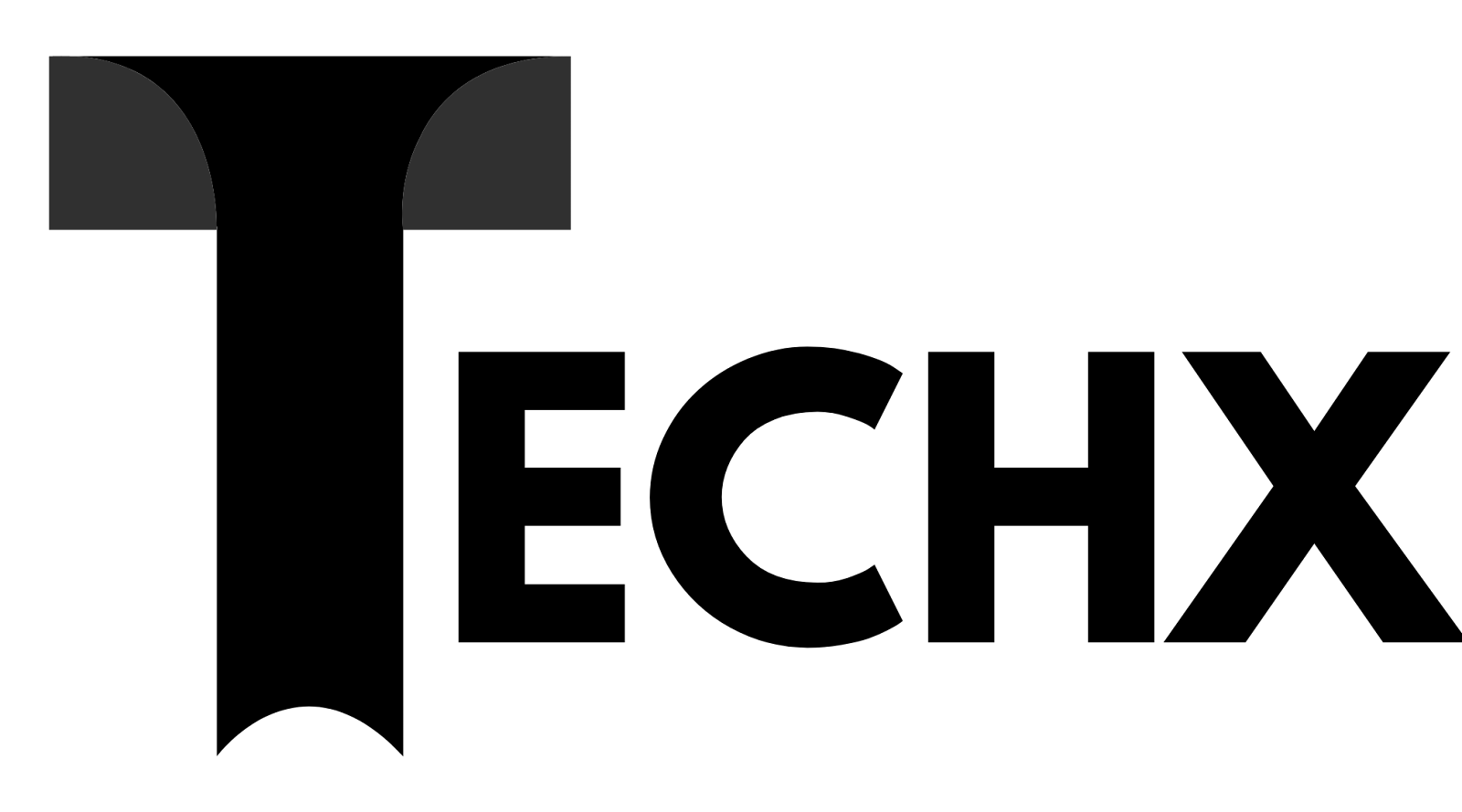Artificial intelligence (AI) has become a powerful tool in the field of photography, allowing for the creation of highly realistic images that were once impossible to generate without human intervention. However, the use of AI in photography has also raised important ethical questions about the nature of authenticity and the potential for misuse. In this article, we will examine the benefits and drawbacks of AI-generated photos to explore whether or not this technology is ultimately good or bad.
One of the main benefits of AI-generated photos is the ability to create highly realistic images that would be difficult or impossible to capture with traditional photography methods. For example, AI can be used to generate images of objects or scenes that do not exist in the real world, such as a sunset on a distant planet or a fantastical creature. This can be particularly useful in fields such as film and video game production, where highly realistic computer-generated imagery (CGI) is often required. Additionally, AI can be used to enhance existing photos, such as removing noise or improving the resolution.
Another benefit of AI-generated photos is the ability to automate certain tasks that would otherwise be time-consuming or difficult for humans to perform. For example, AI can be used to automatically sort and categorize large numbers of photos, which can be useful for professionals such as photographers and stock image agencies. Additionally, AI can be used to generate multiple variations of the same image, which can be useful for creating different versions of an advertisement or for testing different design elements.
However, there are also several drawbacks to using AI-generated photos. One major concern is the potential for misuse, such as creating fake images that are designed to deceive people or to spread misinformation. For example, AI-generated photos could be used to create fake images of famous people or to generate images of fictional events that are designed to look like real news stories. Additionally, AI-generated photos could be used to create fake social media profiles or to impersonate real people online.
Another concern is the impact that AI-generated photos may have on the authenticity and credibility of photography as an art form. Some critics argue that the use of AI to generate highly realistic images diminishes the skill and creativity of human photographers, and that it could lead to a devaluation of photography as a whole. Additionally, the use of AI-generated images could lead to a loss of the unique perspective and emotion that is often conveyed through human-made images.
In conclusion, the use of AI in photography is a complex issue that raises important ethical questions. While AI-generated photos have the potential to create highly realistic images that would be difficult or impossible to capture with traditional photography methods, there are also concerns about the potential for misuse and the impact on the authenticity and credibility of photography as an art form. Ultimately, the decision of whether or not AI-generated photos are good or bad will likely depend on how the technology is used and regulated.




1 Comments
thank you,u made my day
ReplyDelete